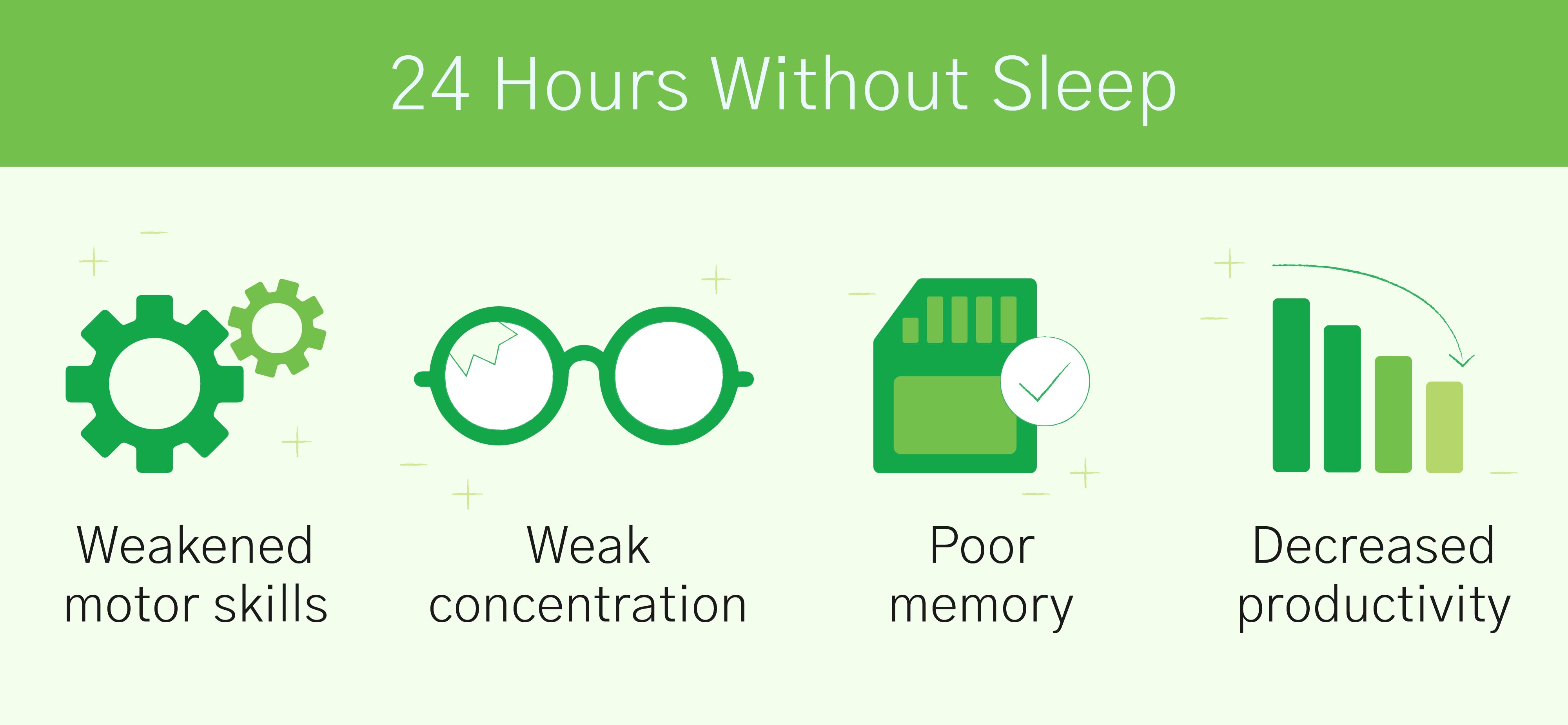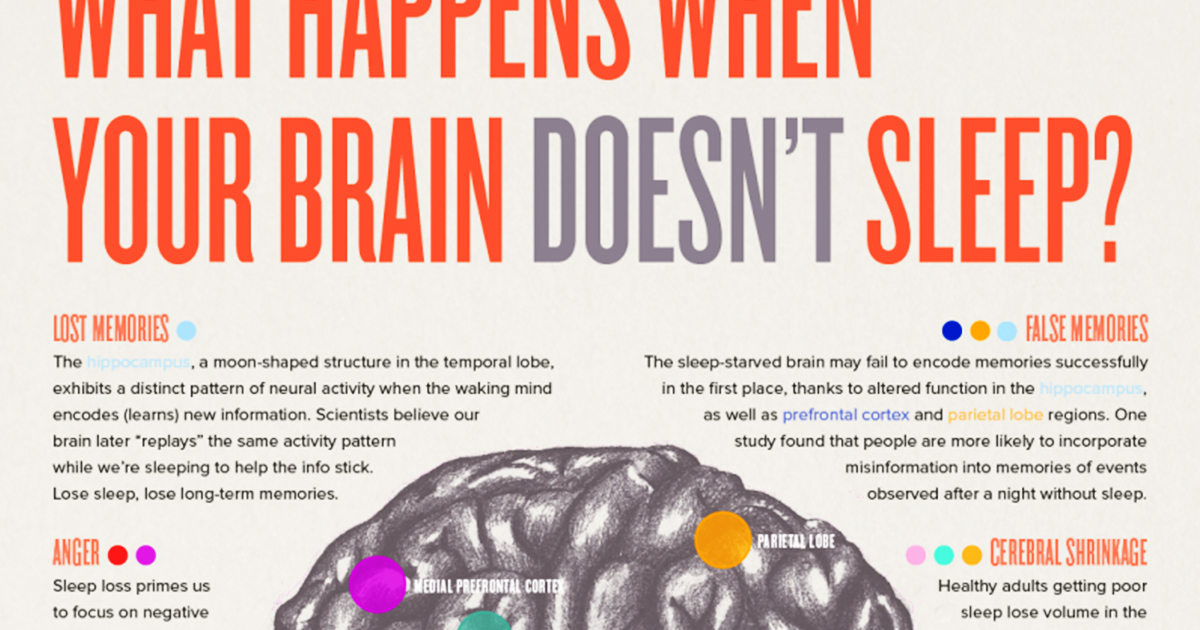

Instead, have a warm, milky drink or herbal tea.

Caffeine interferes with the process of falling asleep and also prevents deep sleep. Watch what you’re eating and drinking: Cut down on caffeine in tea, coffee, energy drinks or colas, especially in the evening.Try not to take part in vigorous exercise too close to bedtime though, as it could keep you awake. Exercise regularly: Moderate exercise, such as swimming or walking, can help relieve some of the tension built up over the day.– Do you always need to be in the same place to do your job? Can you split your time and be more agile? – Does your work environment, whether it’s at home, in an office or elsewhere make you feel regularly stressed and tired? – Whether you enjoy or resent commuting to work – Whether you should be answering emails or work phone calls outside of work hours Monitor your job, commute, and work environment: 15% of UK workers cite not having to commute long distances helps them get the right amount of sleep.

Keep your bedroom dark, quiet and cool when you’re trying to sleep.
Create a restful sleeping environment: Your bedroom should be a peaceful place for rest and sleep. Create a regular sleeping pattern: Going to bed and getting up at roughly the same time every day will programme your body to sleep better. If you are experiencing ongoing problems with sleeping, the best thing to do is make an appointment to see your GP. There is now evidence that shows treating sleep problems may help reduce anxiety disorders and symptoms of depression. More likely to suffer from colds and infections. More likely to take part in risky and anti-social behaviour. More likely to consume caffeine and sugary drinks. This poor mood can then disrupt our sleep, creating a vicious cycle. Sleep deprivation is associated with poor mood and the inability to control our emotions. One of the biggest issues associated with not getting enough good quality sleep is sleep deprivation. It can also negatively impact your relationships, immune system, work, and social life. Not getting enough “good quality sleep” can sap your energy levels, lower your mood and reduce your concentration. Poor sleep can affect your physical and mental health. If you’re experiencing a period of bad sleep for weeks, months or years, this can affect your day-to-day life. Sleep can affect your emotional regulation. However, consistently poor sleep can be a symptom and cause of mental health problems. It’s common to experience periods of poor sleep, but this doesn’t usually point to a serious mental health problem. – Checking and responding to work emails outside of working hours – Using smart devices (phones, tablets etc.) before bed – Consuming alcohol, nicotine or caffeine around bedtime – Not having a regular sleep-awake routine Lifestyle: Developing poor habits around sleep, such as not having a regular routine, can cause problems. Thinking cycle: Anxious thoughts about not getting enough sleep can cause distress, which can prevent you from relaxing and falling asleep. Life events: You may feel distracted, stressed or worried about something going on in your life while you’re trying to go to sleep, which can affect your ability to relax. Air pollution can also disrupt your sleeping patterns. Environmental issues: Night-time noise, screen light from phones, TVs and tablets, and light from the outside can trick your body into delaying sleep. These problems will usually resolve themselves after a short period of time. Women, Black, Asian and other minority ethnic adults are disproportionately likely to experience poor sleep likely due to social inequality.Įveryone experiences problems sleeping at times, we can wake up in the night, or have dreams that disturb our sleep. 37% of adults in the UK cite work as reducing the amount of control they feel they have over their sleep. 66% of adolescents cite poor sleep as negatively impacting on their mental health. 
26% of adults in the UK cite Covid-19 as negatively impacting their sleep.25% of adults in the UK cite money worries as negatively impacting their sleep.Almost 1 in 5 people in the UK aren’t getting enough sleep.In reality, the latest research has shown that: It’s recommended that adults up to the age of 64, need 7-9 hours of sleep per night.








 0 kommentar(er)
0 kommentar(er)
